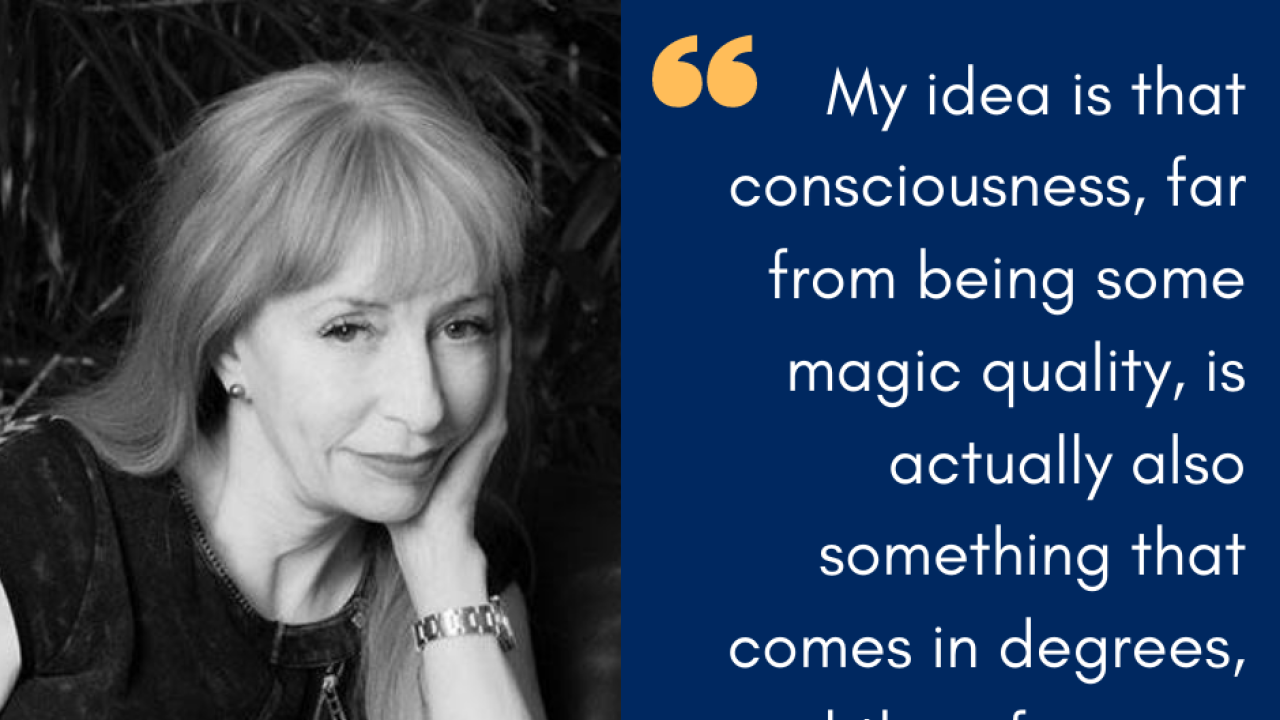
Why be a scientist? Nearly every scientist has a different answer and a different inspiration, drawn from varied careers, outlooks, and experiences. For its 40th anniversary in 2004, ICTP published the book One Hundred Reasons to be a Scientist, a collection of 100 essays from many eminent physicists and mathematicians with a connection to ICTP. The book is a source of many insights from the lives and careers of scientists, including Mildred Dresselhaus, Freeman Dyson, Vera Rubin, and Francis K.A. Allotey. The authors discuss what led them to study science, the difficulties they encountered and overcame, and their passions and hopes for the future.
We are revisiting twenty of these stories highlighting one of them every week, sharing inspirations from the essays and showcasing the words of these great scientists. During the uncertainty of the current global pandemic, the words will hopefully help researchers feel less alone in their scientific path.
We are presenting this week the story of Susan Adele Greenfield, a British neuroscientist, writer, entrepreneur, and politician. She has contributed primarily in the research on the human brain, focussing in particular on the mechanisms and treatments of Parkinson's and Alzheimer's diseases. She is a senior research fellow at Lincoln College, Oxford, and Chief Executive Officer at the biotech company Neuro-bio Ltd, that she co-founded, which develops diagnostic tests and therapeutics for Alzheimer's disease. She is also a member of the British parliament, in the House of Lords.
After graduating with a first-class degree in experimental psychology at St Hilda's College in Oxford, Greenfield completed her DPhil degree at St Hugh's College, Oxford, in 1977. She has had a fruitful academic career, having published more than 200 papers in scientific journals as well as receiving several awards and recognitions. Greenfield is also well-known for her work in popularising brain science: she is the author of several popular books, such as “Journey to the Centers of the Mind: Toward a Science of Consciousness”, and regularly appears on radio and television programmes and in public lectures.
In her essay, Greenfield recalls the steps that brought her to study philosophy at first, and then to focus more on psychology, until the moment she was first introduced to the human brain, a defining moment for her career. You can read it here.
If you want to learn more about Susan Greenfield and her research, here you can watch her talk on “The Neuroscience of Consciousness” at the University of Melbourne.
If you are interested in learning about 99 more scientists and what inspired them, you can find the whole book in electronic format for free download on ICTP’s Marie Curie Library website, in English, Italian and Urdu.
Previous stories:













